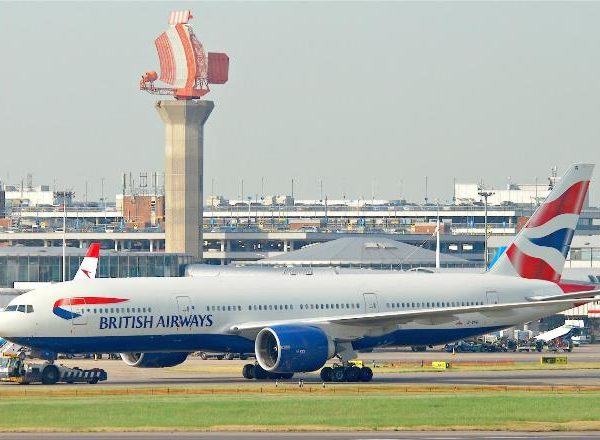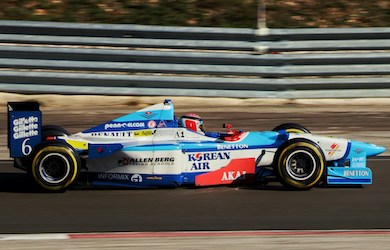Background
With the UK committed to becoming carbon neutral by 2050, reducing CO2 emissions remains a long-term challenge. In previous articles we’ve examined the practical options for eliminating carbon emissions from the aviation sector. CO2 emissions from aviation make up approximately 12% of all transport emissions globally. [1] While lockdowns across the world in the last 18 months may have cut CO2 emissions from aviation, this is likely to only be a temporary reduction within the sector, as flying is going to continue to be necessary for domestic and international travel.
This article reviews a potential innovation that could reduce CO2 emissions from aircraft travel: Surfing high-altitude winds.
Wind Surfing Aircraft?
Flying someone one-way from London to New York produces nearly a ton of carbon dioxide [2]. That is a considerable amount of climate-warming greenhouse gas. In a study earlier this year, researchers at the University of Reading found flights between London and New York could have used up to 16% less fuel by more accurately following jet stream tailwinds or avoiding headwinds, at a fraction of the cost of other emissions-cutting technologies. [3]
How Could Wind Surfing Work?
Up until now it has not been possible for airlines to choose their ideal wind conditions before scheduling flights. The lack of radar coverage over the middle of the Atlantic has forced planes to keep further apart than they would elsewhere. This is also combined with the very crowded routes. However, new satellites will soon allow transatlantic flights to be tracked more accurately while remaining a safe distance apart.
These new generation satellites provide the opportunity to allow aircraft to be more flexible in their flight paths in order to more accurately follow favourable tailwinds. This flexibility potentially offers the aviation sector a cheaper and more immediate way of cutting emissions than through advances in technology.
Professor Paul Williams, a scientist at the University of Reading and co-author of the new study, said: “Upgrading to more efficient aircraft or switching to biofuels or batteries could lower emissions significantly, but will be costly and may take decades to achieve.”
“Simple tweaks to flight paths are far cheaper and can offer benefits immediately. This is important because lower emissions from aviation are urgently needed to reduce the future impacts of climate change.” [4]
Wind Surfing Concerns
While the science presents a good case for the consideration of using wind to make aircraft more fuel efficient, the approach carries its own set of risks including:
- The most notable concern is clear-air turbulence. Jet streams not only cause clear-air turbulence but increase its strength and frequency.
- While aviation accidents are relatively rare, clear-air turbulence has been responsible for some fatal events. Therefore, flights attempting to follow jet stream tailwinds may possibly be more hazardous.
About Pager Power
Pager Power can help developers of renewable energy systems ensure that their developments can safely co-exist with airports – thus enabling airports to eliminate their own carbon emissions. For more information please contact Mike Watson on 01787 319001.
References
[1] https://www.atag.org/facts-figures.html
[2]https://www.sciencenewsforstudents.org/article/innovation-greener-future-jet-airplane-travel-surfing-winds
[3]https://www.sciencedaily.com/releases/2021/01/210125191835.htm
[4]https://scitechdaily.com/airplanes-could-save-fuel-time-and-emissions-by-better-surfing-the-wind/
Thumbnail image accreditation: Pixabay (Feb 2016) from Pexels.com. Last accessed on 31 January 2022. Available at https://www.pexels.com/photo/jet-cloud-landing-aircraft-46148/



